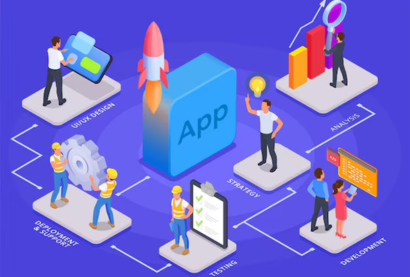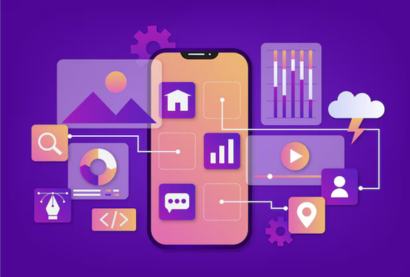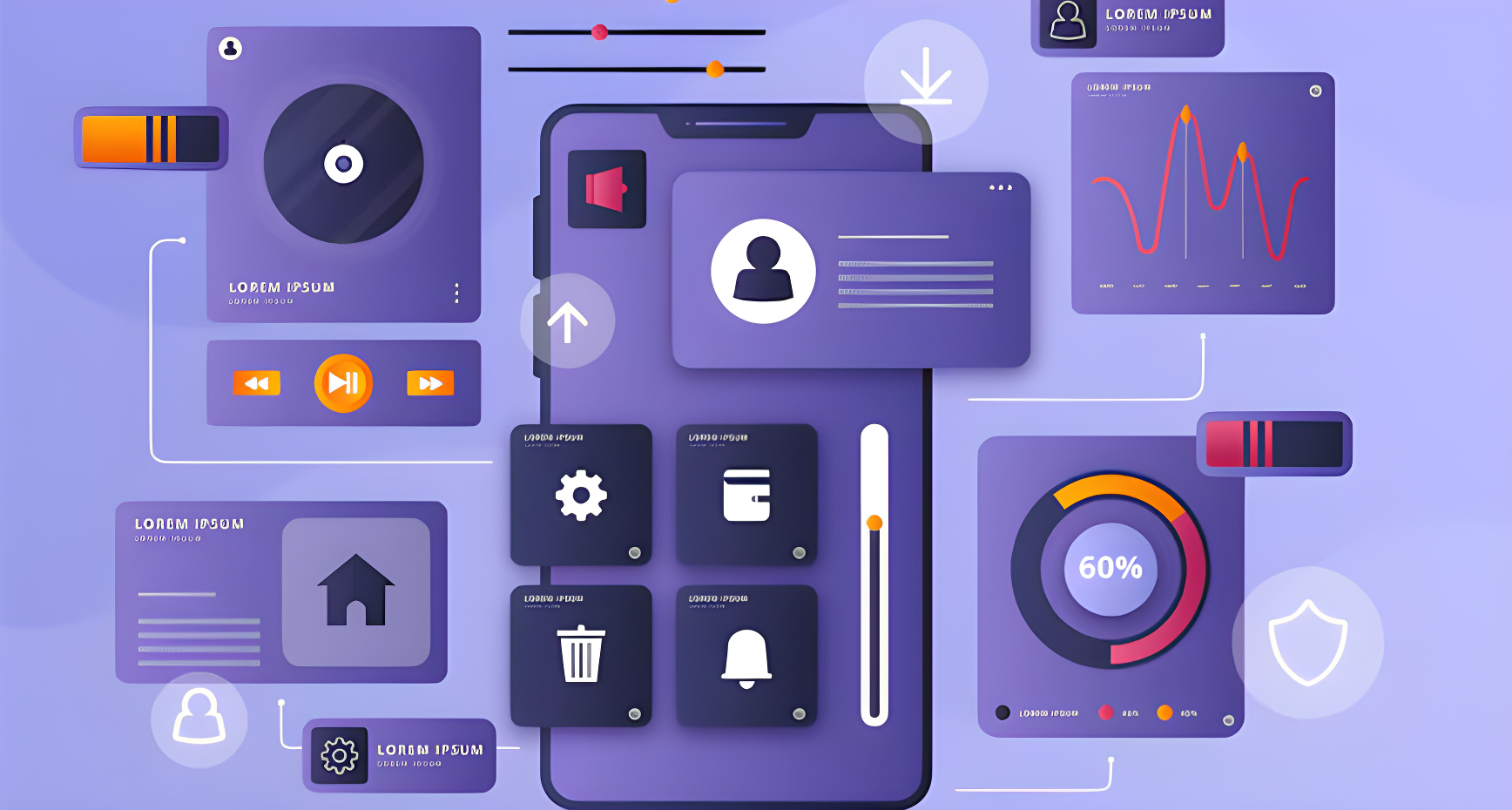

Blogs

Application development is evolving rapidly, and staying ahead of emerging trends is crucial for businesses to remain competitive. As we move into 2024 and beyond, several trends in app development are set to shape the future of digital experiences, making applications smarter, faster, and more accessible.
From the integration of artificial intelligence (AI) to the widespread adoption of cloud-native applications, businesses must understand these changes to harness the full potential of the latest technologies and deliver outstanding user experiences.
“The future of application development is all about creating seamless, intuitive, and intelligent experiences that can scale with the needs of users.”
As businesses seek to develop applications that are agile, scalable, and user-centric, the future will see an increased emphasis on AI-powered features, cloud-based solutions, and enhanced security protocols. These innovations are revolutionizing how apps are developed and deployed, making them more adaptive and efficient.
01. Key Trends in Application Development for 2024
In 2024, the app development landscape is expected to be defined by several trends that will not only improve functionality but also enhance user engagement and application security.


Key trends include the rise of low-code/no-code platforms, artificial intelligence in app features, cloud-native development, and the shift towards cross-platform development frameworks. These technologies empower developers to create powerful, scalable applications more efficiently.
- AI and machine learning to enhance app functionality and personalization.
- Low-code/no-code platforms to speed up development processes.
- Cloud-native applications for scalability and improved performance.
- Cross-platform frameworks to streamline app deployment across devices.
02. How AI is Shaping the Future of App Development
Artificial intelligence is rapidly transforming the way applications are developed. With AI-driven features like chatbots, predictive analytics, and personalized recommendations, businesses can offer more tailored, dynamic experiences to users.
In 2024, AI is expected to play an even bigger role in streamlining app development, automating tasks, and improving performance. AI can also help developers optimize code, identify bugs, and enhance user interfaces, making apps smarter and more efficient.
As AI continues to evolve, it will open new possibilities for application developers, enabling the creation of even more innovative solutions that enhance both functionality and user experience.
03. The Shift to Cloud-Native Applications
Cloud-native application development is becoming the norm as businesses seek scalable, flexible, and cost-effective solutions. Cloud-native apps are designed to take full advantage of cloud infrastructure, offering better performance, improved scalability, and easier updates.
The transition to cloud-native apps allows businesses to optimize their resources, reduce hardware costs, and deliver faster updates. With cloud platforms like AWS, Google Cloud, and Microsoft Azure, developers can deploy applications seamlessly across multiple environments.
04. Conclusion: The Future of Application Development is Now
The future of application development is here, and it's all about creating smarter, more flexible, and more scalable applications. By embracing trends such as AI integration, cloud-native development, and low-code/no-code platforms, businesses can stay ahead of the curve and deliver exceptional user experiences. The landscape is evolving rapidly, and the best time to invest in the future of app development is now.

